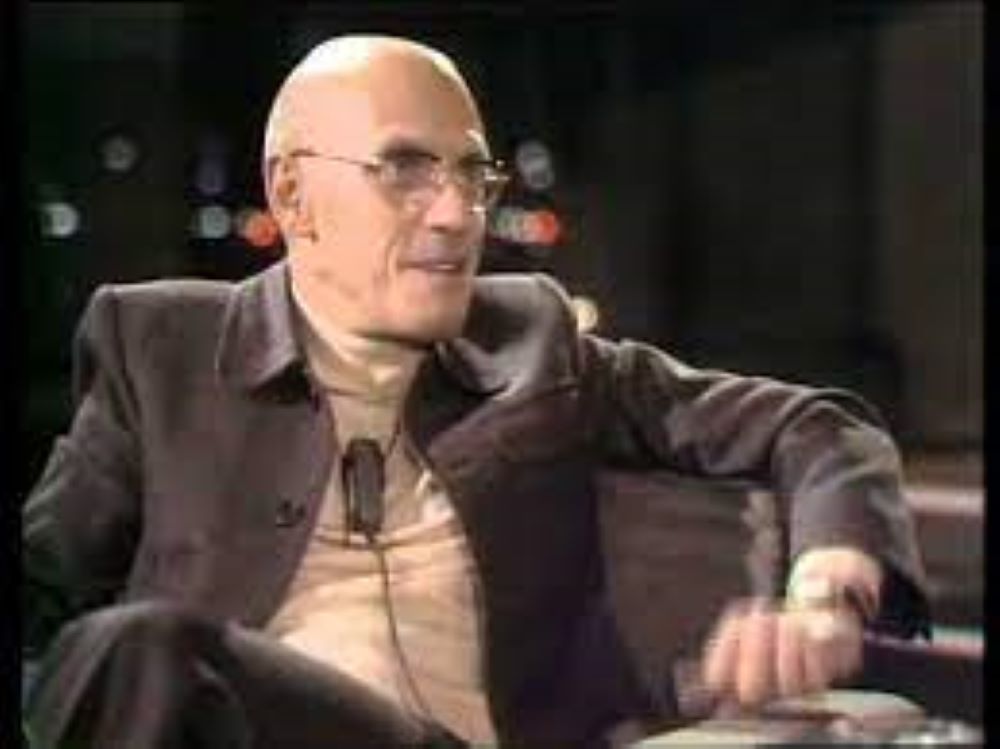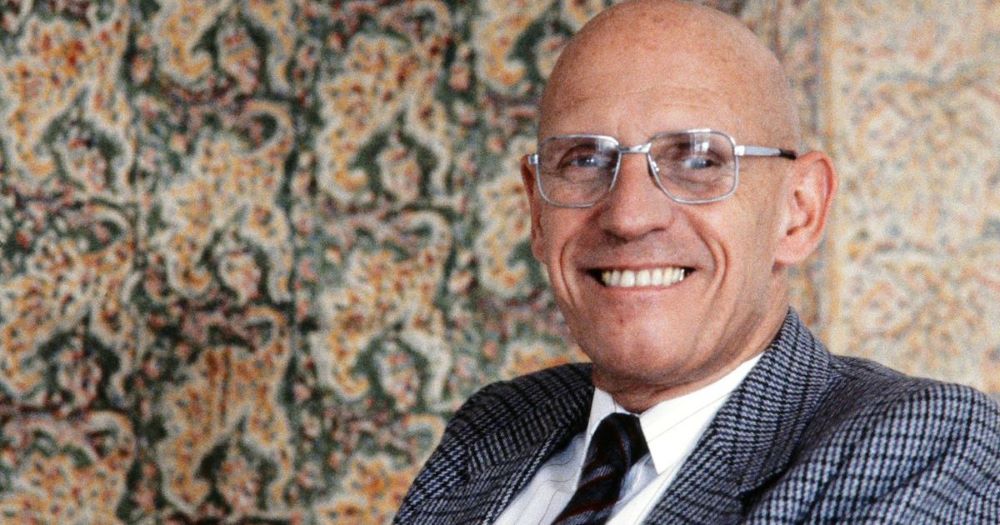
Foucault’s work encourages critical examination of the social, cultural, and historical contexts that shape our understanding of reality and the power dynamics that underpin them
SHOUKAT LOHAR
Michel Foucault was a prominent French philosopher and social theorist who made significant contributions to various fields, including philosophy, sociology, and history. His work challenged conventional notions of power, knowledge, and the construction of social reality. This article aims to provide a comprehensive overview of Foucault’s key concepts and their implications in understanding human society and its institutions.
Archaeology of Knowledge
Foucault’s “Archaeology of Knowledge” introduced a new methodological approach to analyzing discourse and knowledge production. He argued that knowledge is not a fixed, objective truth but rather a product of historical, social, and cultural contexts. Foucault emphasized the importance of examining the discursive practices that shape our understanding of reality and the power relations embedded within them.
 Power/Knowledge
Power/Knowledge
Foucault’s concept of power/knowledge explored the intricate relationship between power and the production of knowledge. He argued that power is not solely repressive but operates through productive mechanisms that shape and regulate social behavior. Power/knowledge refers to the idea that knowledge is always connected to power structures, and power is exercised through the control and dissemination of knowledge.
Discipline and Punish
In his seminal work “Discipline and Punish,” Foucault examined the transformation of punishment from public spectacles of violence to more subtle forms of discipline and control. He introduced the concept of the “panopticon,” a metaphorical prison design in which constant surveillance induces self-regulation and conformity among individuals. Foucault highlighted how disciplinary power operates in various institutions, such as schools, hospitals, and prisons, to regulate and normalize human behavior.
Biopower
Foucault extended his analysis of power to include the concept of biopower, which refers to the state’s control over the biological aspects of its citizens’ lives. Biopower encompasses practices such as healthcare, population control, and the management of life and death. Foucault argued that modern societies increasingly focus on regulating and optimizing the biological and social life of populations through biopolitical mechanisms.
 The History of Sexuality
The History of Sexuality
Foucault’s “The History of Sexuality” challenged conventional understandings of sexuality by examining how power and knowledge shape our understanding of sexual practices and identities. He argued that sexuality is not a fixed, natural category but rather a historically contingent construct that is subject to regulation and control. Foucault highlighted the role of discourses, institutions, and power relations in producing and regulating sexual norms.
Conclusion
Michel Foucault’s philosophical concepts have had a profound impact on various disciplines and have challenged conventional notions of power, knowledge, and societal structures. His ideas on the archaeology of knowledge, power/knowledge, discipline and punishment, biopower, and the history of sexuality have provided valuable insights into the ways in which power operates in modern societies. Foucault’s work encourages critical examination of the social, cultural, and historical contexts that shape our understanding of reality and the power dynamics that underpin them. His ideas continue to be influential in contemporary debates surrounding power, knowledge, and social institutions.
Also read: Power is everywhere
___________________
 Shoukat Lohar is Assistant professor in English at Mehran University of Engineering and Technology Jamshoro. He can be reached at Shoukat.ali@faculty.muet.edu.pk
Shoukat Lohar is Assistant professor in English at Mehran University of Engineering and Technology Jamshoro. He can be reached at Shoukat.ali@faculty.muet.edu.pk